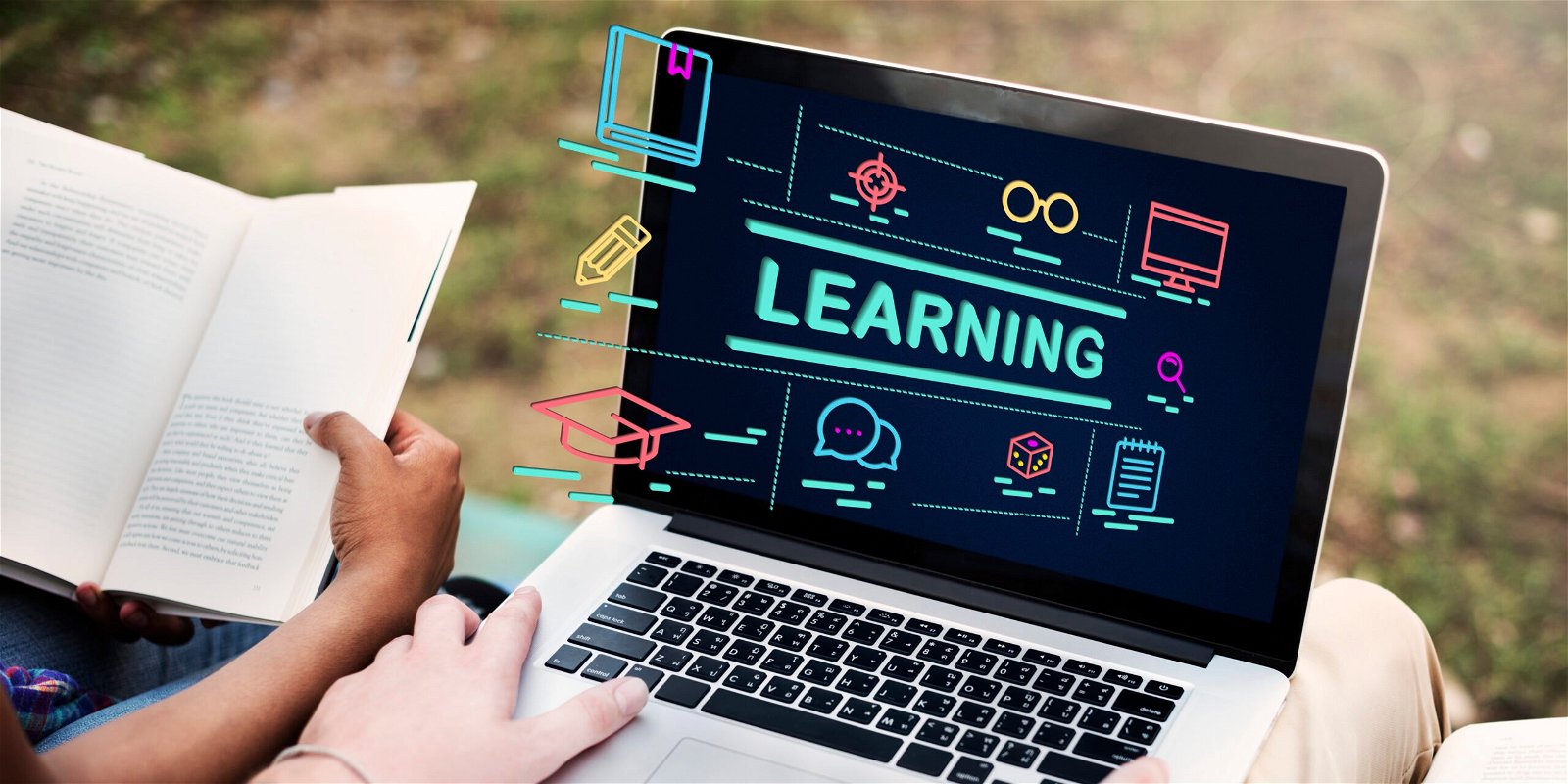The surge in technology-driven solutions has led to remarkable growth in the e-learning industry in recent years. The global pandemic of 2020 acted as a catalyst, accelerating the widespread adoption of online learning and fundamentally altering traditional educational models. As we venture into 2023 and beyond, the outlook for the future of e-learning appears optimistic and dynamic. This article will delve into the upcoming trends and predictions poised to transform the e-learning landscape in the coming years.
Table of Contents
ToggleFuture of Online Learning
The future of online learning is dynamic and continuously evolving, driven by technological advancements, changing educational paradigms, and the need for accessible, flexible, and personalized learning experiences.
Here are some emerging trends and predictions in online education:
1. Personalized Learning Paths
Adaptive learning platforms utilize artificial intelligence to evaluate individual student performance and customize educational content according to their unique needs. This approach enables learners to advance at their own pace, with the system reinforcing concepts as necessary. By dynamically adjusting the learning experience based on each student’s strengths and weaknesses, adaptive learning platforms enhance overall comprehension and engagement, offering a more personalized and effective educational journey.
2. Immersive Technologies
Virtual Reality (VR) and Augmented Reality (AR)
Immersive technologies, such as Virtual Reality (VR) and Augmented Reality (AR), provide students with interactive and hands-on learning experiences. They enable the exploration of virtual environments, conducting experiments, and participating in simulations. This immersive approach enhances engagement by creating a more interactive and lifelike educational experience. Students can actively apply concepts in a practical setting, leading to a deeper understanding of the subject matter and fostering a more dynamic and engaging learning process.
3. Microlearning
Short, Targeted Content
Microlearning is a teaching method that delivers educational content in brief, targeted segments. This trend aligns with the preferences of learners who favor shorter, easily digestible lessons, accommodating the demands of busy schedules. By breaking down information into concise modules, microlearning enhances accessibility and allows learners to efficiently integrate learning into their daily routines. This approach recognizes the value of short, focused bursts of information, optimizing engagement and retention for individuals with limited time commitments.
4. Collaborative Learning
Social Learning Platforms
Modern online courses are integrating features to foster collaboration and interaction among students. Utilizing discussion forums, group projects, and real-time collaboration tools, these courses aim to create a sense of community within virtual learning environments. By facilitating active engagement and social interaction, students can share ideas, collaborate on projects, and learn from each other. This emphasis on community building contributes to a more enriching and dynamic online learning experience, replicating some aspects of the traditional classroom environment in a virtual setting.
5. Blockchain for Credentialing
Decentralized Certifications
Blockchain technology offers a secure and verifiable solution for credentialing in various industries. By leveraging blockchain, certificates, and qualifications can be stored in an incorruptible and transparent digital ledger, ensuring their integrity. This innovation significantly streamlines the verification process for employers, as they can easily and reliably confirm the skills and qualifications of potential hires. The decentralized nature of blockchain enhances trust and reduces the risk of fraudulent credentials, providing a more efficient and trustworthy system for credential management in professional and educational contexts.
6. Gamification
Game Elements in Learning
Gamification involves incorporating game-like elements, such as points, badges, and leaderboards, into educational content to enhance engagement, motivation, and retention. By introducing elements commonly found in games, the learning experience becomes more enjoyable and interactive. Learners are motivated to progress, earn rewards, and compete with others, creating a more dynamic and stimulating educational environment. This approach taps into the intrinsic human desire for achievement and recognition, ultimately fostering a positive and immersive learning atmosphere that can lead to increased knowledge retention and sustained interest in the subject matter.
7. Artificial Intelligence in Education
AI-driven Tutoring Systems
AI-powered virtual tutors are designed to offer personalized assistance to learners, providing targeted feedback and adapting to individual learning styles. Leveraging Natural Language Processing (NLP), these systems can enhance communication between students and the AI, enabling more natural and interactive interactions. By tailoring the learning experience to each student’s needs, AI-powered virtual tutors contribute to a more effective and personalized educational journey. This technology not only supports individualized learning but also helps bridge communication gaps, making the interaction between students and AI systems more intuitive and productive.
8. Global Reach and Inclusivity
Remote Learning Opportunities
Online education is breaking down geographical barriers, and granting learners worldwide access to educational opportunities. This trend significantly contributes to fostering a more inclusive and diverse learning environment. By transcending physical boundaries, online education enables individuals from various geographical locations and cultural backgrounds to engage in learning experiences that may otherwise be inaccessible. This inclusivity not only promotes diversity but also enriches the overall educational landscape by bringing together a global community of learners, each contributing unique perspectives and experiences to the virtual classroom.
9. Continuous Learning and Upskilling
Lifelong Learning Platforms
Given the rapid pace of technological advancements, there is a growing emphasis on continuous learning. Online platforms, specifically designed for upskilling and reskilling, play a crucial role in empowering individuals to adapt to the ever-evolving demands of the job market. These platforms offer a range of courses and resources, allowing learners to acquire new skills or enhance existing ones. By providing flexible and accessible learning opportunities, online platforms contribute to a culture of continuous education, enabling individuals to stay relevant in their careers and navigate the changing landscape of job market requirements.
10. Data Analytics for Learning Insights
Learning Analytics
Educational platforms harness the power of data analytics to monitor student progress, identify learning patterns, and offer insights to educators. This data-driven approach allows for personalized interventions, enabling educators to address individual learning needs more effectively. Additionally, the analysis of student performance data aids in refining and optimizing course design, ensuring that educational content aligns with the evolving needs of learners. By leveraging data analytics, educational platforms contribute to a more informed and adaptive teaching environment, ultimately enhancing the overall effectiveness of online learning experiences.
Final Thought On the Future of Online Learning
As we navigate the evolving landscape of online education, the future appears promising and dynamic. The transformative trends discussed, from adaptive learning and immersive technologies to blockchain credentialing and AI-powered tutoring, underscore a commitment to personalized, engaging, and accessible learning experiences. The emphasis on collaboration, inclusivity, and continuous learning reflects a profound shift in educational paradigms. As we move forward, the synergy between technological innovation and education will undoubtedly shape a more interconnected and globally accessible knowledge ecosystem. Embracing these trends allows educators, learners, and stakeholders to unlock the full potential of online education, fostering a future where learning knows no bounds.
Interesting Reads:
Case Studies: Successful Online Course Websites








